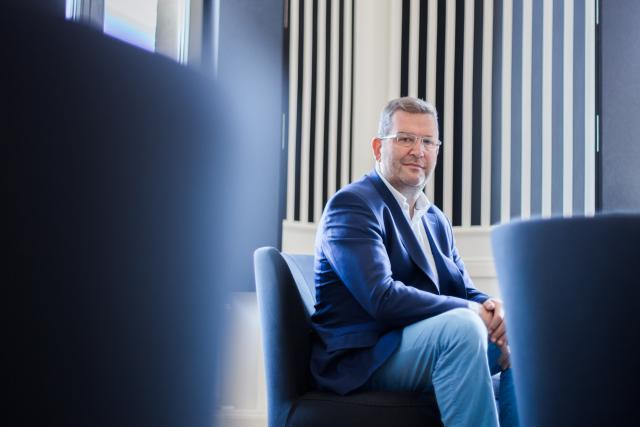Monsieur Jacobs, peut-on concilier bonheur et rentabilité? N’est-ce pas une formule hypocrite?
“Absolutely one can reconcile both. The key is that happiness at work has nothing to do with the hedonistic definition of happiness but rather with wellbeing. Consider the top 5 countries in the 2017 World Happiness ranking. They are Norway, Denmark, Iceland, Switzerland and Finland. None of these countries are particularly known for their hedonistic happiness but rather for their elevated level of wellbeing and their excellent economic performance. Research shows that one of the important contributors to the general wellbeing of the population is that most of their expectations are met. Wellbeing really is a result of a good match between a person’s expectations and his/her perception of how well these expectations are met.
La manière de penser son rapport au travail évolue de génération en génération. Les attentes des jeunes recrues sont-elles très différentes des précédentes?
“Clearly. Each generation has a number of expectations that differ significantly from those of the previous generations. As the pace of change in the world continuously increases, the speed of change of these expectations increases as well. Therefore, it is of ever increasing importance to try to understand, manage and meet the expectations of each generation as much as possible.
Les employeurs ont-ils compris l’intérêt d’investir dans le bien-être de leurs employés, ou faut-il encore faire «œuvre de pédagogie»?
“I see more and more employers who understand the need to develop strategies to enhance wellbeing at work. However, understanding this need and putting the right strategies in place are two different things. It is more complex than just providing perks such as a gym or nice food in the company restaurant. It is also (and maybe even more) about topics such as the level of bureaucracy versus goal-orientation, openness to the outside world, change readiness vs organisational inertia, career opportunities, etc. These aspects really are core elements of organisational culture which many leaders think is a fluffy subject and difficult to manage. In UK-based Glassdoor’s most recent annual workplace satisfaction survey, Expedia came out on top. One of the most important positive elements cited by the employees was the company’s culture. Not many leaders are aware of the existence of tools such as the Hofstede Multi-Focus Model which can help to visualise an organisations’ culture in clear numbers and turn it into a manageable topic. So, yes... there still is a big need to educate.”
Les inscriptions au «10x6 RH: le bonheur est rentable!» sont ouvertes sur le site du Paperjam Club.
